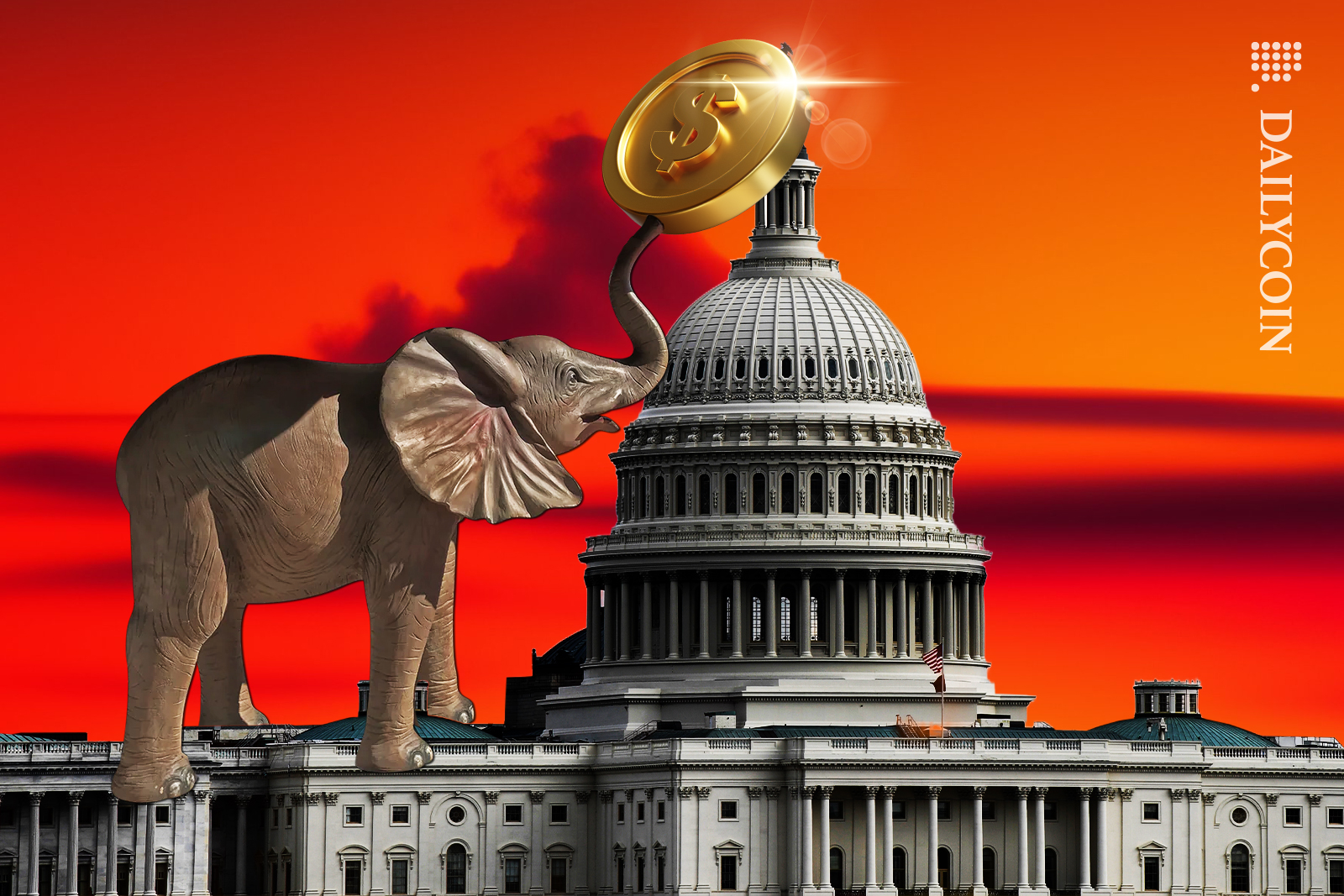
- House Republicans have released a new discussion draft for stablecoin legislation.
- Personal accountability of stablecoin issuer CEOs has been emphasized.
- Achieving immediate bipartisan support remains uncertain.
The regulatory landscape for stablecoins and the wider cryptocurrency sector is undergoing significant developments as House Republicans release a new discussion draft of stablecoin legislation. This draft marks a second attempt at addressing the legislative concept quickly.
However, this new draft outlines provisions related to reserve requirements, classification as securities, and CEO accountability, serving as a starting point for negotiations with Democrats.
Draft Bill Outlines New Regulations for Payment Stablecoins
The draft bill aims to provide clearer definitions and regulations for payment stablecoins, excluding algorithmic stablecoins. It reiterates that issuers can be subsidiaries of federally insured depository institutions or state or federally-regulated nonbank companies.
Sponsored
A key bill provision requires stablecoins to be fully backed by safe reserves subject to monthly reviews by registered accountants, ensuring greater stability and transparency.
The draft also settles the debate over the classification of stablecoins as securities, which has regulatory implications for oversight by either the Securities and Exchange Commission (SEC) or the Commodity Futures Trading Commission.
However, immediate bipartisan support is unlikely, with Representative Maxine Waters expressing frustration at the lack of Democratic input. Nevertheless, a copy of the draft was provided to Waters’ staff, and Republicans hope it will initiate new negotiations.
New Legislation Holds Stablecoin Execs Personally Accountable
The proposed legislation also holds the chief executives of stablecoin issuers personally accountable for the accuracy of the information on reserves, with potential criminal liability for false reports.
Sponsored
In addition, Representative Patrick McHenry’s financial services committee is also working on legislation to regulate market structure in the crypto sector, addressing industry questions on agency roles.
A subcommittee has scheduled a hearing for Thursday, April 27th, indicating a continued focus on stablecoin regulation at the congressional level.
On the Flipside
- Monthly reviews by registered accountants may not be frequent enough to ensure real-time transparency and stability of stablecoins.
- The regulatory implications of classifying stablecoins as securities could add undue compliance burdens and hinder the sector’s growth.
Why You Should Care
With the inclusion of room for negotiation and potential negotiations with Democrats, this bill has the potential to shape the future of stablecoin regulations and impact the broader crypto market. Stablecoins play a crucial role in the cryptocurrency ecosystem and have significant implications for users and the overall stability of the financial system.
To learn more about the first proposed stablecoin legislation, click here:
House Bill Regulatons: Can Stablecoin Issuers Survive the Proposed Bill?
For insights into Ripple’s guide on Treasury payments in the evolving crypto landscape, read here:
RippleNet: $30B in 20M Transactions, Powering Global Payments
